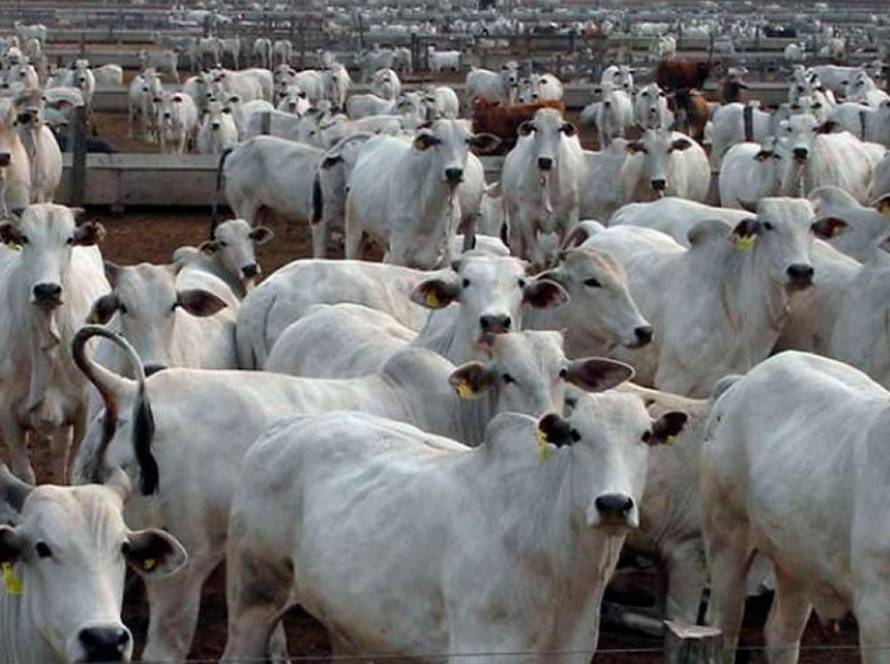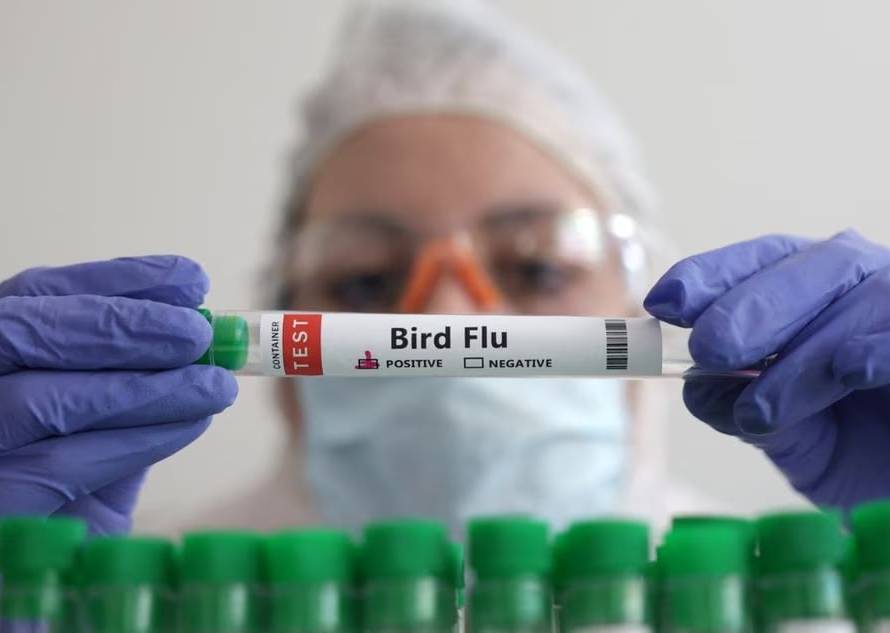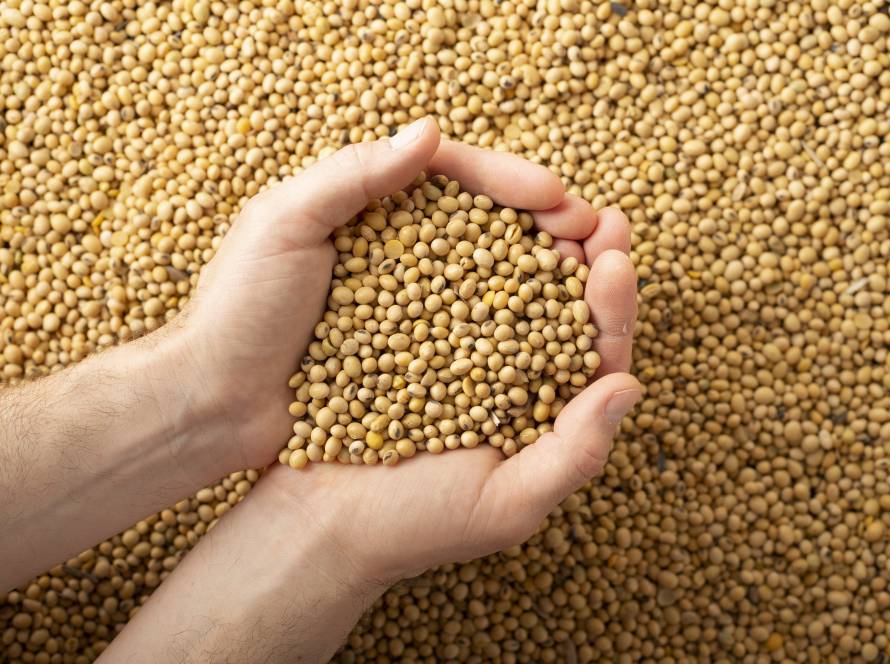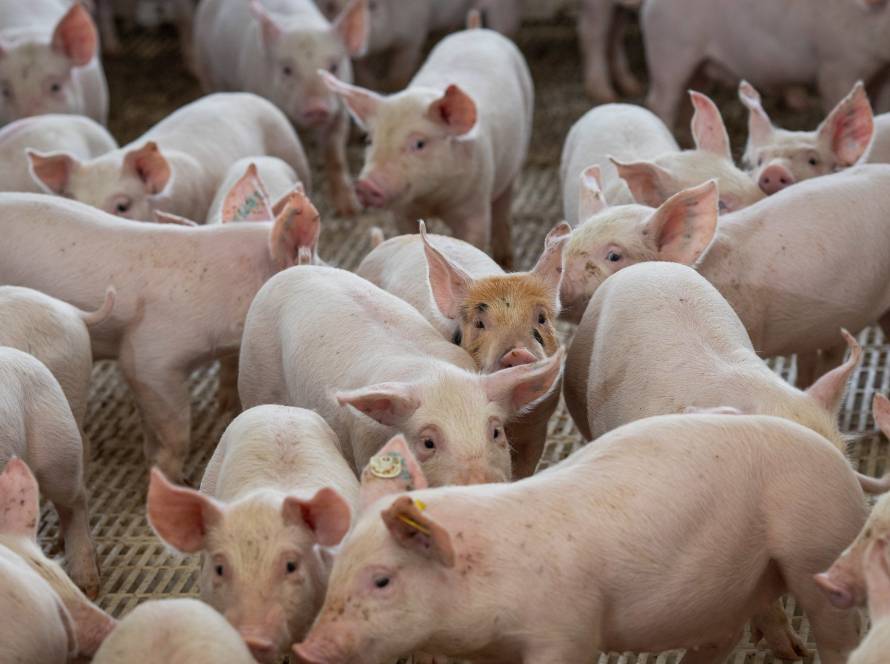![]()
At least 30 rural producers in Mato Grosso do Sul—concentrated in the municipalities of Nova Andradina and Angélica—are facing serious financial losses after Cerealista Result failed to pay. The company reportedly requested early delivery of the contracted soybeans before the end of April 2025, promising payment by the 30th of the same month. However, most producers have not yet received any payment.
According to sources close to Notícias Agrícolas, the Result case reveals a pattern that is increasingly worrying the sector: the rise of small-scale cereal producers operating with little transparency and ultimately leaving rural producers at a loss. In this episode alone, losses have already totaled approximately R$1,500,000, and could rise further as new cases are recorded. Only five producers have filed lawsuits, but there are reports of at least 30 farmers already affected.
According to reports, many producers delivered soybeans based on verbal agreements or unsigned contractual promises. "Most cases involve input purchase notes and delivery notes as proof, but the contracts themselves were not formalized by the cereal company," says one of the sources interviewed for this report, who requested anonymity.
In the case of Cerealista Result, new information obtained exclusively by Notícias Agrícolas indicates that most of the company's silos are already under a fiduciary lien by a financial institution. This means that if the company fails to honor its debts to the bank, the assets could be seized, preventing the company from filing for bankruptcy protection—one of the most common legal instruments for companies in crisis to attempt to reorganize their finances.
For lawyer Leandro Marmo, CEO of João Domingos Advogados, this type of situation requires extra attention from producers. "It's essential to check the company's storage capacity and do the reverse calculation. Often, these cereal producers receive two to three times more grain than they can store. The producer delivers the product, but the silo is already compromised or sold to third parties. The risk of default increases exponentially," explains Marmo.
The number of bankruptcy filings in agribusiness soared in 2025, reflecting increased pressure on producers facing tight margins, defaults, and financial imbalances.
According to data from Serasa Experian, in the first quarter of 2025 alone, 389 requests for judicial recovery were registered, which represents an increase of 21.5% compared to the previous quarter and 44.6% in the annual comparison.
The negative highlight was for individual rural producers, who led the requests: there were 195 judicial recoveries between January and March, compared to 140 in the previous quarter and 106 in the same period in 2024 — a significant growth that raises alarm bells throughout the sector.
By state, Mato Grosso leads the ranking of individual producers who sought justice to renegotiate their debts, with 50 requests in the quarter. Next comes Goiás, with 38 requests, and Minas Gerais, with 31.
The increase reinforces the environment of financial instability in the countryside, especially among smaller producers, who have faced not only climate risks and market fluctuations, but also difficulties accessing credit, buyer defaults, and contractual failures — such as recent cases involving cereal producers in several regions of the country.
The lawyer reports having witnessed similar cases, where the company that received the grains ended up using the proceeds to pay off debts owed to banks or loan sharks—leaving the producers without payment. "They end up prioritizing creditors with greater collection power, and the producer, who delivered the grain without solid collateral, is left last in line. And what's worse: we've seen this type of practice lead to tragic consequences," he reports.
Marmo recalls an emblematic episode he handled in the Goiatuba region of Goiás, where a rural tenant farmer ended up taking his own life after delivering his produce to a warehouse that failed to pay. Without payment and with outstanding financial commitments, the farmer risks losing the ability to continue operating. "It's a delicate situation. Many can take years to recover the amount owed, and filing lawsuits as soon as possible is essential to ensure the freezing of any assets still available to those responsible," warns lawyer Leandro Marmo, a specialist in agrarian law.
According to Marmo, producers have two main avenues to pursue: civil and criminal. Depending on the case, there's enough evidence to investigate the company's conduct as possible fraud. "In the civil sphere, it's possible to seek seizure of grain or other assets. But often, nothing else is found in the company's name. The alternative is to try to convert this seizure into monetary values," he explains.
The difficulty, however, goes beyond formal collection. The lawyer warns that it's common for companies involved in defaults of this magnitude to have no assets registered in their names, making reimbursement difficult. "Many of these companies operate by leaving minimal collateral in the name of the legal entity or its partners. In some cases, more in-depth investigation is required to identify assets registered in the name of third parties or front men. No one disappears with around R$1,500,000 and calmly waits for legal action to arrive," he emphasizes.
Given this context, Marmo emphasizes the importance of legal foresight and a thorough assessment of the suitability of the companies with which producers do business. "Contractual security, the cereal company's track record, and real guarantees must be considered. In the current agribusiness landscape, negotiating without these is a risk that can cost years of work and financial stability."
"Once you deliver the product, it becomes much more difficult to protect your rights. Ideally, you should always have a signed contract before delivery. The market has changed; it's full of opportunists," added the source interviewed by Notícias Agrícolas.
Result's case is not isolated. Mato Grosso do Sul has already experienced similar incidents involving other companies. Granosul, for example, filed for bankruptcy protection. Another recent case involved cereal producer AGM, which also reportedly caused losses to producers in the previous harvest.
The lawyer states that more caution is needed when doing business with little-known companies. "Sometimes, just for an extra two or three reais per bag, the producer takes on a huge risk. It's much safer to do business with larger, established cooperatives, traders, or cereal producers," warns Marmo.
Producers and lawyers interviewed for this report recommend that, given the instability and increasing cases of default, farmers should not deliver their products without a formal contract and legal guarantees. Furthermore, they emphasize the importance of seeking legal advice to protect rights in the event of default.
THE Agricultural News tried to contact Cerealista Result by phone and email, but as of the closing of this article, there was no response.




